
Azuri Tech - Kenya SolarPlus 2: 5% Bond
£100,100 | 105 | 0 |
 £200 invested
£200 invested
Each £200 invested through Azuri will enable one Kenyan family to buy an Azuri SolarPlus home system in affordable instalments over 30 months
 500 families
500 families
Your investment will help Azuri to provide clean energy to 500 families in Kenya
Since Azuri began in 2012, they have focused on Sub-Saharan Africa, and now have one of the widest reaches of any off-grid provider in the region. Azuri is addressing the problem of energy access that affects over 600 million people in Sub-Saharan Africa, a lack of access to the grid. Your investment will help Azuri to provide clean energy to a further 500 households impacting over 2,500 people in Kenya.
This project benefits from match funding from UK aid. UK aid has provided an up-front match of £25,000, meaning that for every £3 invested into this project by the crowd an additional £1 will be invested through match funding.
About Azuri
Key product information
Investment target: £100,000
Minimum investment: £50
Maximum investment: No maximum
Maturity: 24 months
Expected interest rate: 5% per annum
Interest payment frequency: 6 monthly
Notional repayment: 6 monthly
Financial instrument: Unsecured interest bearing bond
Security: Unsecured
Key risks
This is a bond issued by a single company (rather than a savings product) and therefore it is recommended that you are careful with the amount you invest.
You must read the investment memorandum (provided below) where a full statement of risks is presented.
Documents
Azuri in the media
The BBC recently featured Azuri Technologies, one of the pioneering solar companies supported by the Energise Africa initiative, a joint venture between Lendahand and Ethex.
What the project investment will enable
Every £200 invested will allow Azuri to make a SolarPlus home system available to a rural Kenyan family that would otherwise be out of their financial reach. Azuri's PayGo service model enables customers to pay back the cost of the system over time (typically 30 months) after which they fully own the system and can continue to use it for free.
The SolarPlus system (a Lighting Africa quality assured product) includes a 50W solar panel, a rechargeable battery, 4 powerful LED lights, a rechargeable torch and radio and 2 USB phone charging cables. Furthermore, the system has the ability to power an energy-efficient 24-inch LED satellite TV with access to 57 TV and 21 Radio channels. Azuri’s customers increasingly want a fuller on-grid system experience. With the SolarPlus system, when powered by a full days’ worth of sunlight, families are provided with up to 5 hours of Lighting and TV, as well as phone charging.
Providing families and individuals with access to a TV has multiple impact benefits. Firstly, keeping up to-date with local news and weather forecasts is important to them to better understand any developments that may impact them. Secondly, educational content on TV is typically very accessible for both children and adults, who are able to learn useful topics, such as farming techniques, through engaging story-telling. Furthermore, research has shown that TV shows often inspire viewers to reach higher, driving them to study and work harder. Finally, it provides an opportunity for families and friends to gather around and strengthen important social ties.
Azuri aims to raise £100,000 of investment, enabling them to manufacture and distribute at least 500 SolarPlus systems together with their local distribution partners. Furthermore, Azuri will also co-invest a further £33,300 alongside this investment to purchase an additional 167 SolarPlus systems - making a combined total of at least 667 SolarPlus systems which can be purchased and deployed.
Azuri also aims to recycle capital repaid by its solar customers during the 24 month loan period to procure additional SolarPlus systems to further maximise impact.
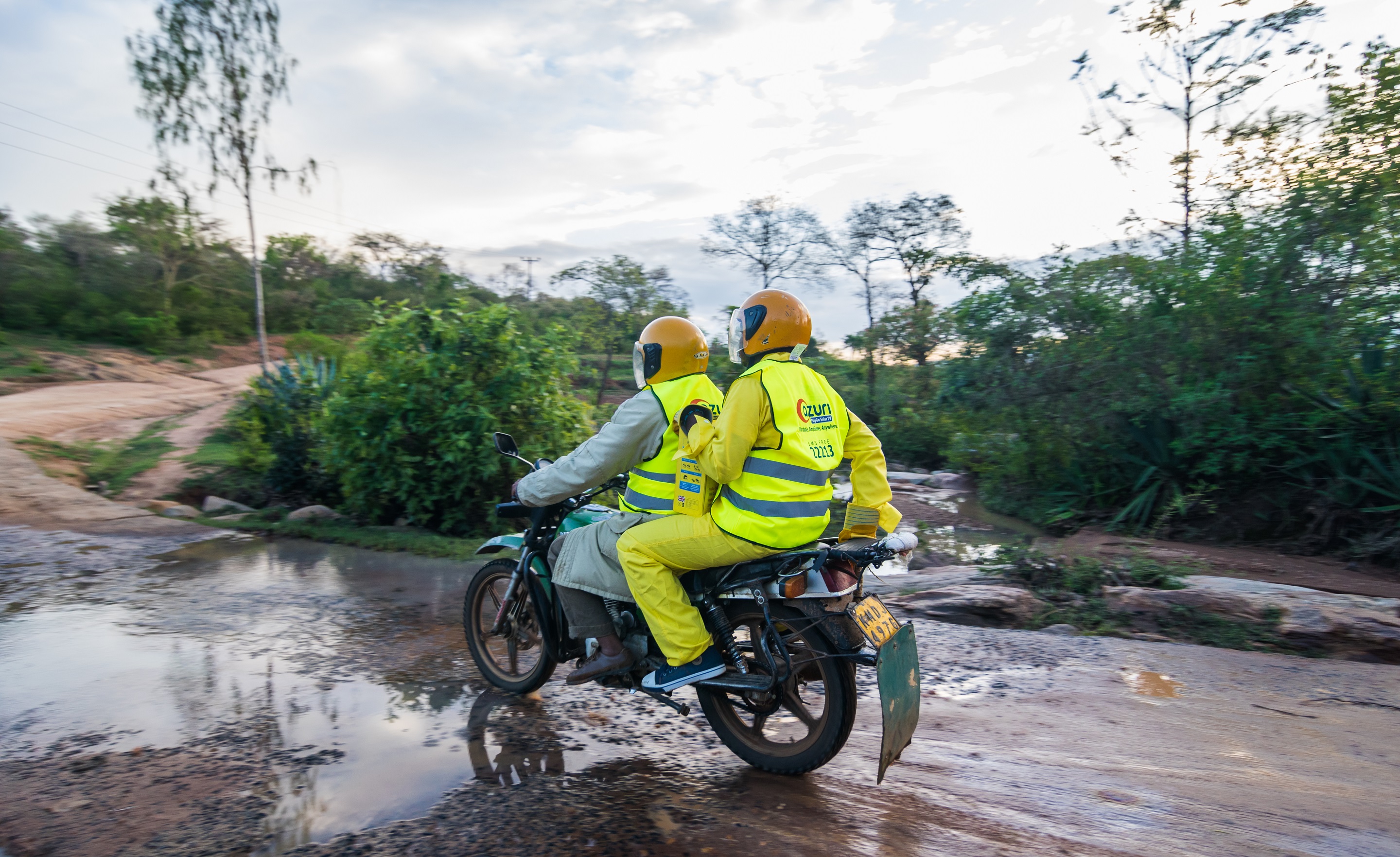
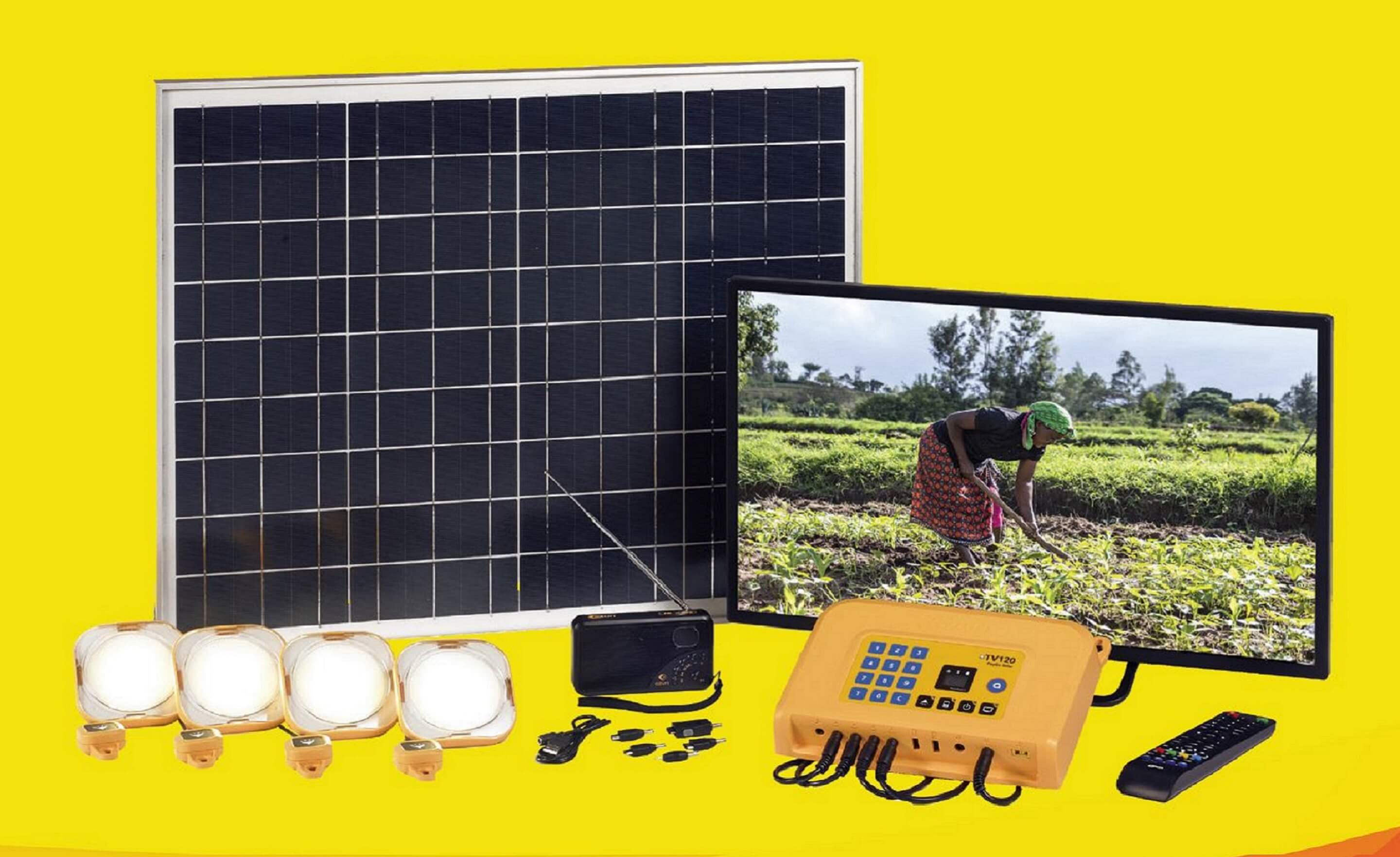
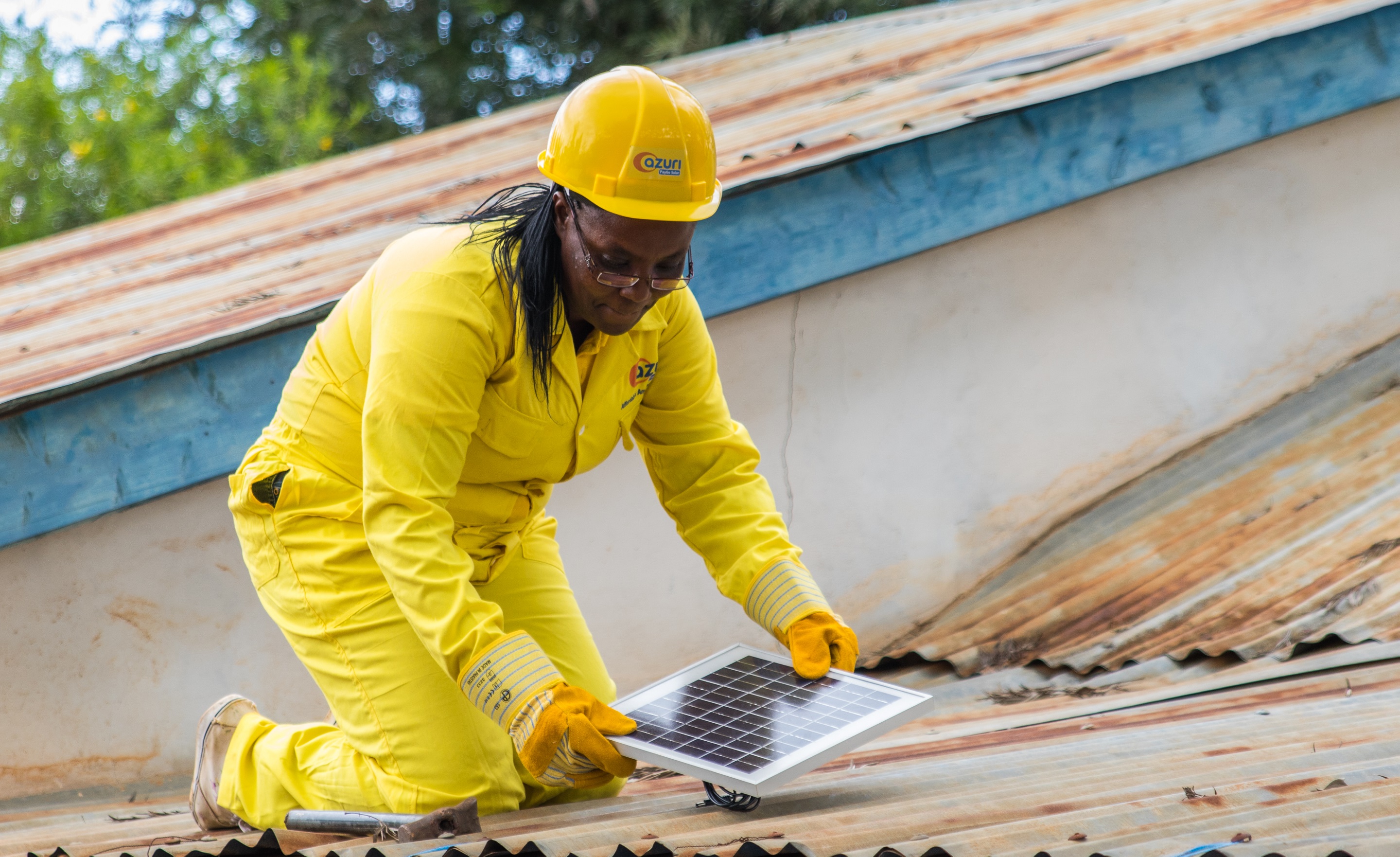
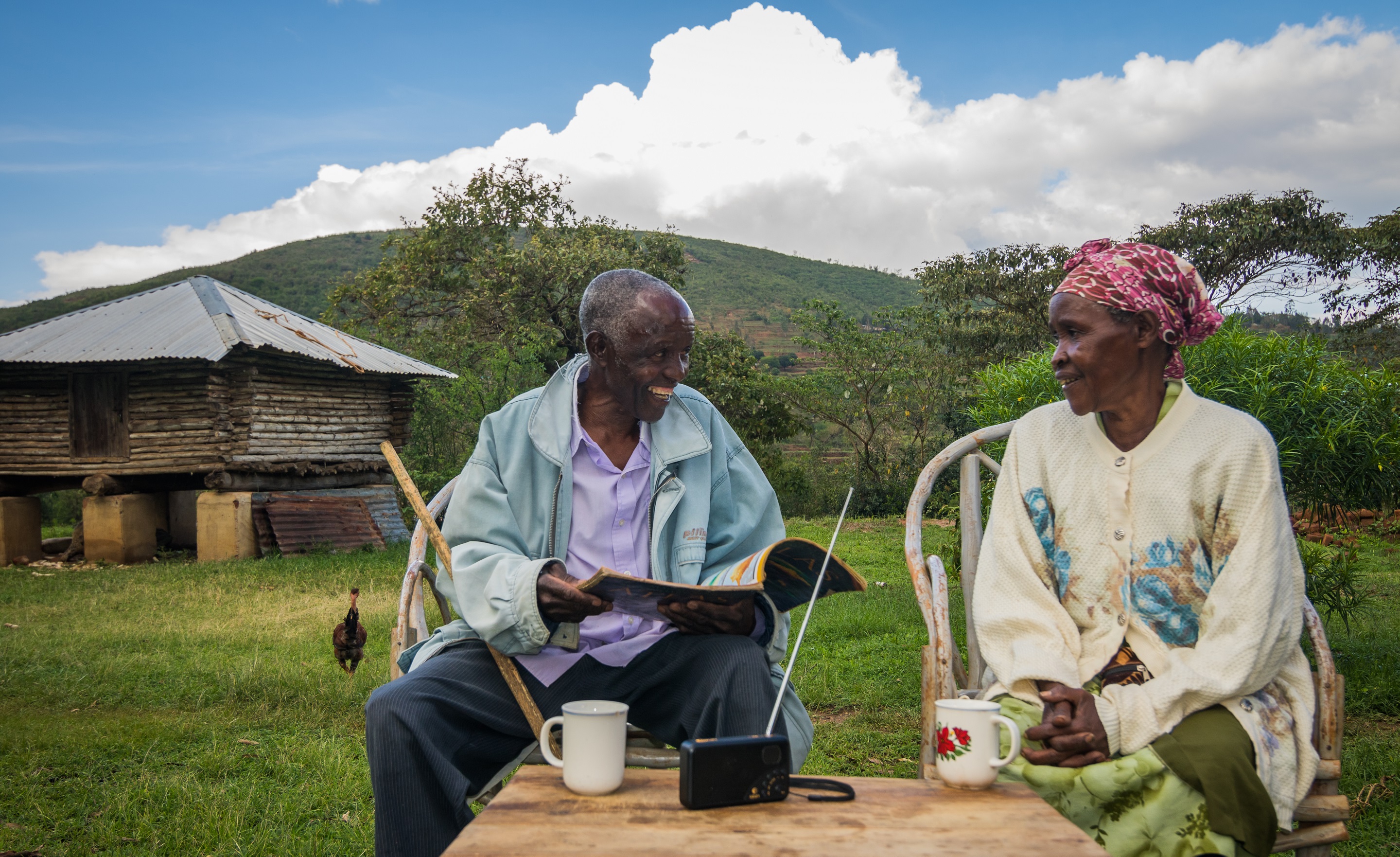
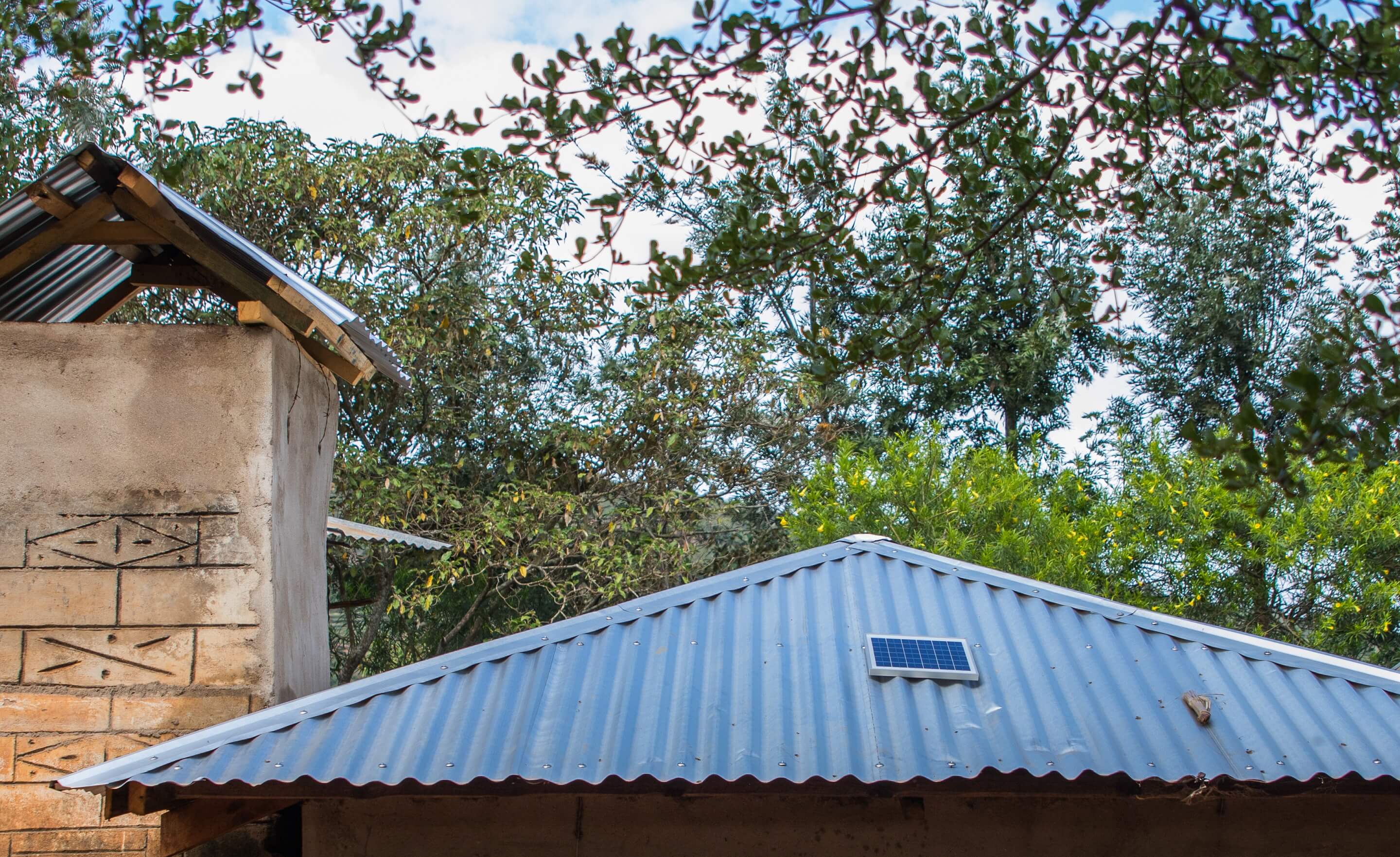
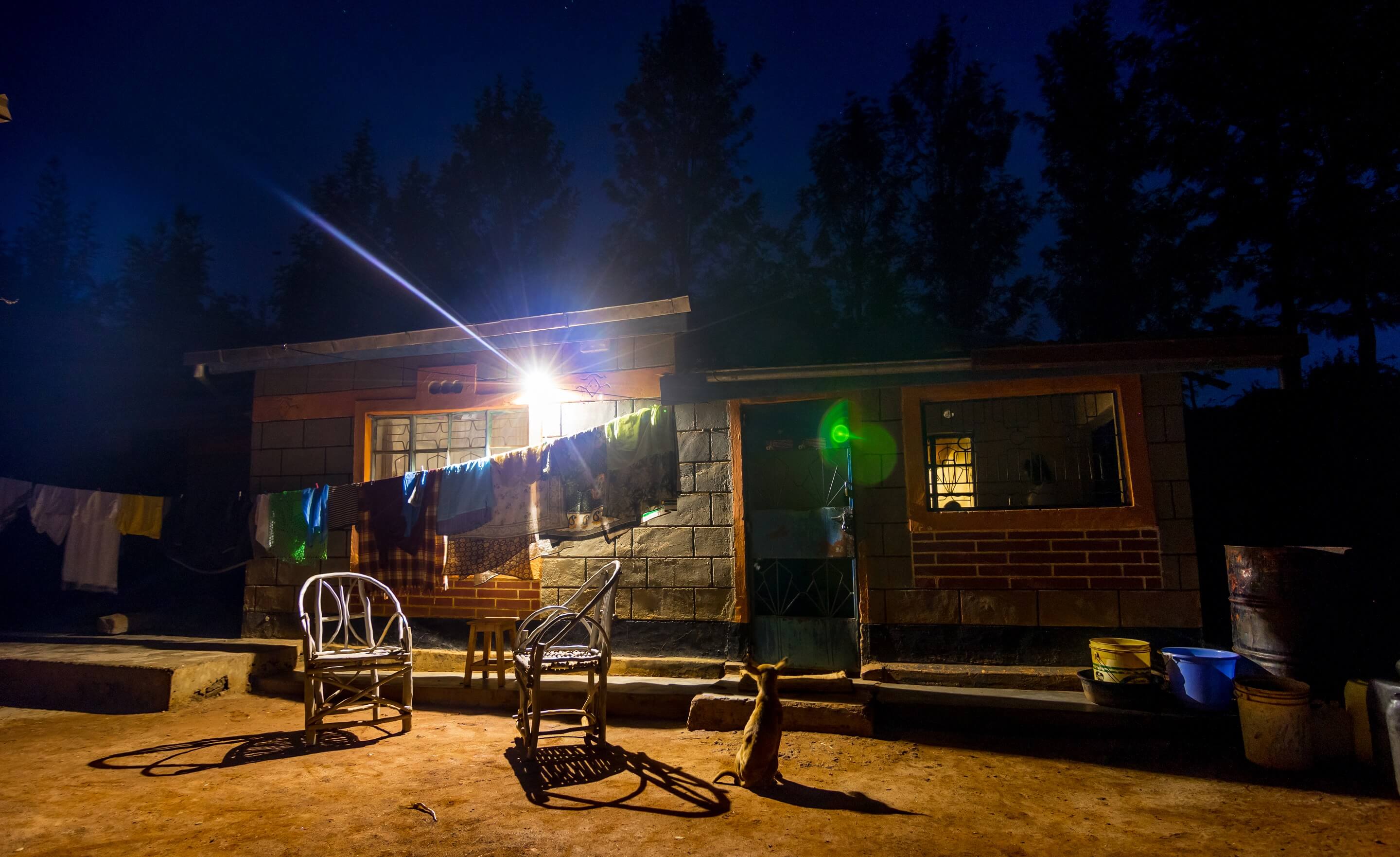
Azuri Tech
Azuri will deploy the funds across Kenya, where today, approximately 4 million households do not have access to mains electricity. Working with local distribution partners Azuri will continue to extend the scope of its operations across remote rural regions where access to mains grid electricity is limited, including the Rift Valley, Western and Nyanza provinces.
Thanks to Azuri’s expertise in last-mile distribution, combined with an extensive team of field agents visiting every customer, units funded and installed by this project will be geotagged. This helps Azuri keep track of where customers are (in absence of formal addresses in remote villages), and enables Azuri to provide high quality customer service on an ongoing basis after the system is installed. Furthermore, in the event of problems or need for support, it means Azuri can also quickly dispatch an agent to help customers.
Social and environmental impact
Solar home systems, such as the SolarPlus system, have been shown to have a significant impact on customers' lives and the environment. To date, Azuri has sold more than 100,000 systems across Africa, with the potential to provide approximately 0.5 million people with access to solar energy.

Social Impact
The installation of solar home systems to off grid families has significant impacts that can be divided into the following categories: lifestyle, flexibility, health and safety, and economic. Over the years, Azuri's own customers have told us how their solar home systems have benefitted them:
96%
My air quality has improved
98%
My family’s previous kerosene-related health issues have reduced
93%
I feel safer
97%
My children can study more
37%
The money I save on kerosene, batteries, and candles I mainly use for my children’s education
68%
I have more evening home visits from family and friends

Environmental impact
Using industry-recognised Global Off-Grid Lighting Association (GOGLA) impact metrics, Azuri has calculated the environmental impact of installing 500 SolarPlus systems as follows:
2,500
Number of people who will enjoy clean energy access
$199USD
Average new household saving on energy-related expenditure over solar product lifetime
1.2tonnes
Annual total greenhouse gas emissions offset per household